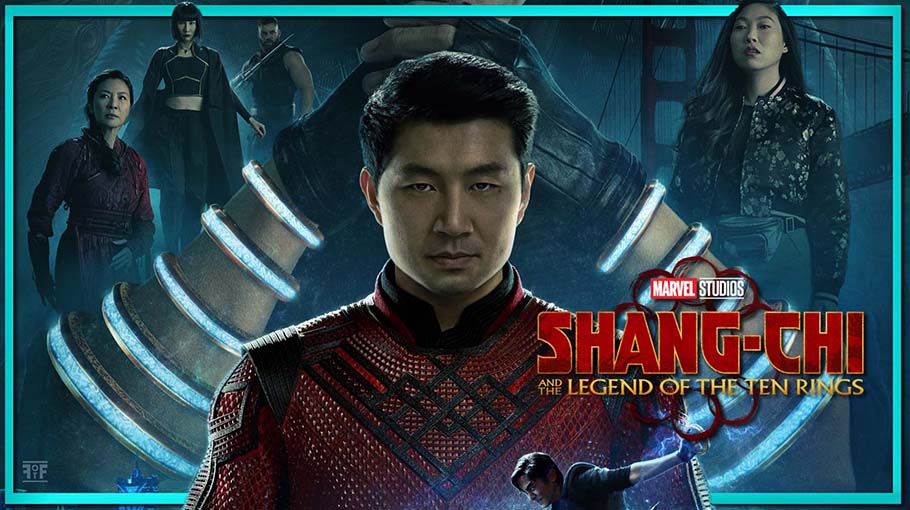‘Shang-Chi’ deleted scene explains a key mystery

A deleted scene in ‘Shang-Chi and the Legend of the Ten Rings’ explains one of the film’s key mysteries regarding the titular hero’s reunion with his family members. ‘Shang-Chi’, going by the alias of “Shaun,” receives a postcard that lures him into a trap by the ‘Ten Rings’. One of the film’s many deleted scenes shows who within the Ten Rings wrote the note to ‘Shang-Chi’, providing additional dialogue and insight for a key character.
Shang-Chi introduces a classic Marvel comics character to the MCU, Shang-Chi, and ties him to one of the franchise’s oldest villain organizations. The Ten Rings are an international terrorist group whose Afghanistan-based cell was responsible for Tony Stark’s construction of his first suit of Iron Man armor. After over a decade of speculation and anticipation, Shang-Chi finally reveals the “true” version of The Mandarin, whose characterization, menace, humanity, and performance by Tony Leung made him one of the MCU’s most compelling antagonists yet.
The Shang-Chi deleted scene titled “Postcard” reveals that, unsurprisingly, Xu Wenwu, aka The Mandarin, personally sent the postcard to his son, bringing him and his sister, Xialing, together and allowing Wenwu to coerce them to come back home simultaneously. For the ancient leader of the MCU’s most dangerous criminal organization, Wenwu describing his actions as innocently as he does in the deleted scene is equal parts comical and fitting, but it also highlights why his character is so compelling.
Wenwu explains to Shang-Chi that he was hoping to avoid unnecessary violence and bring his children back home at the same time, but this endeavor failed, given that several of his men died in the process of kidnapping them. This is fitting, considering that The Ten Rings, despite their sordid history, are shown having a sense of camaraderie throughout the film. The Ten Rings have existed for over a thousand years, likely creating entire lineages of loyal followers. Jackson Norriss described The Ten Rings organization as a “faith,” which suitably describes the group’s history and the loyalty of its members.
Collider




